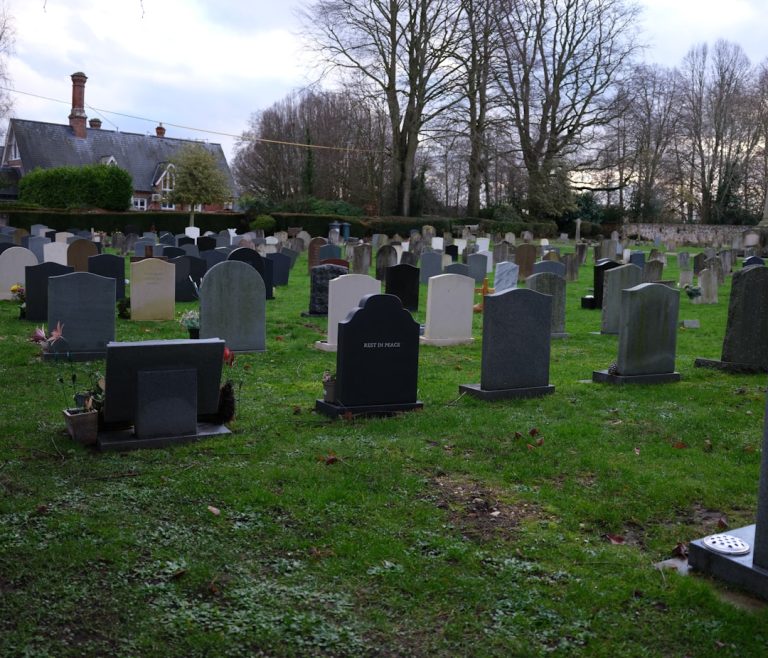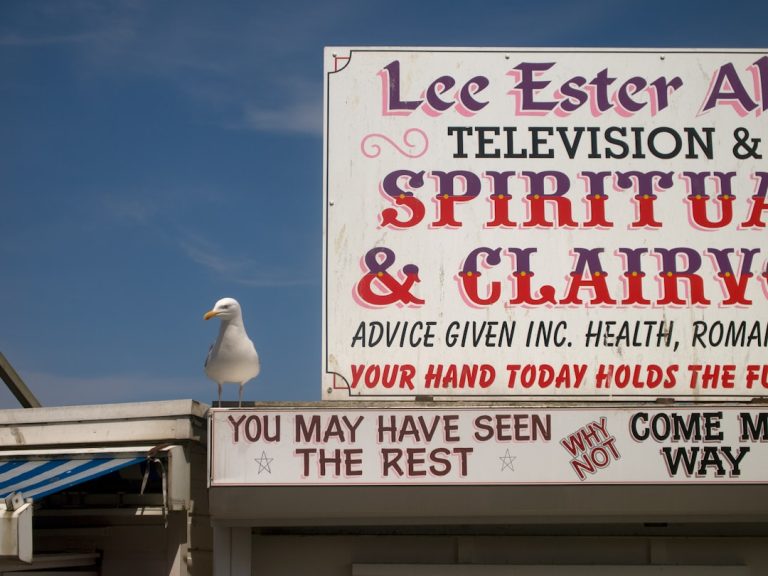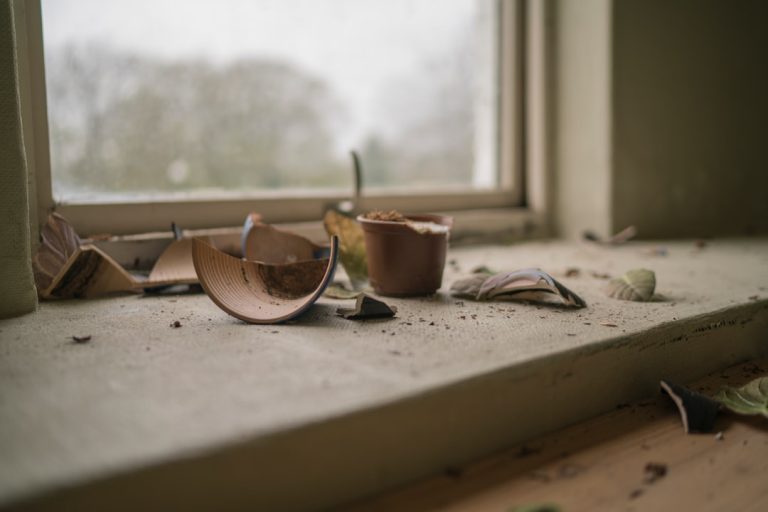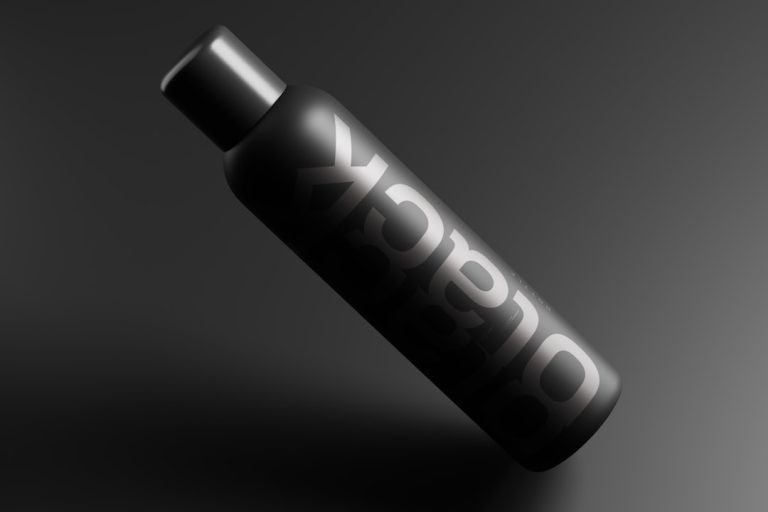
Imagine living to 90 or even 100, enjoying a daily glass of wine. Sounds too good to be true? This is the intriguing reality for residents in ‘Blue Zones’ – special regions where people consistently live remarkably long lives. Longevity experts Dan Buettner and Stephen Moore highlight how daily wine consumption is common in these zones, especially Mediterranean ones.
They suggest wine is so intertwined with their culture and healthy living that removing it might even shorten lives. However, they emphasize the “medicine” isn’t solely *in* the glass. Blue Zone residents move, laugh, eat whole foods, connect deeply, and celebrate life actively. Wine, they argue, simply *enhances* an already vibrant and healthy lifestyle. If your life is in chaos, that same glass could become toxic.
Doctors, however, pump the brakes. Australian GP Dr. Hester Wilson and Professor Luigi Fontana caution against attributing longevity directly to wine. They point out a clear lack of scientific evidence, noting that alcohol is a Class 1 carcinogen. Past studies linking moderate drinking to lower risk are now largely considered flawed and observational. While red wine contains beneficial polyphenols, you’d need an unhealthy amount to get a meaningful dose; these compounds are readily available in healthier sources like fruits and vegetables.
So, who’s right? Both, in a way. The experts agree that the real secret to longevity is a holistic healthy lifestyle: consistent exercise, managing stress, adequate sleep, eating good food, and having a rich social life. For some, a glass of wine might be an enjoyable part of that balanced quality of life, but it’s not the magic bullet for a longer life.
The medical consensus remains clear: alcohol is harmful, and less is better, with none being safest, especially for young people (under 25) and pregnant individuals. If you choose to drink, do so occasionally and within strict guidelines (less than 10 standard drinks a week, no more than four on any single occasion). Most importantly, be self-aware. If you find yourself relying on alcohol or noticing negative impacts on your life, seek help early. Your GP is a great place to start.






